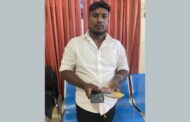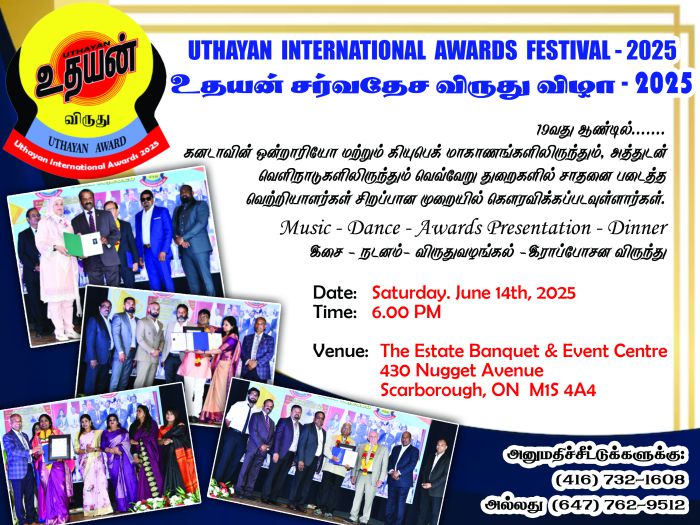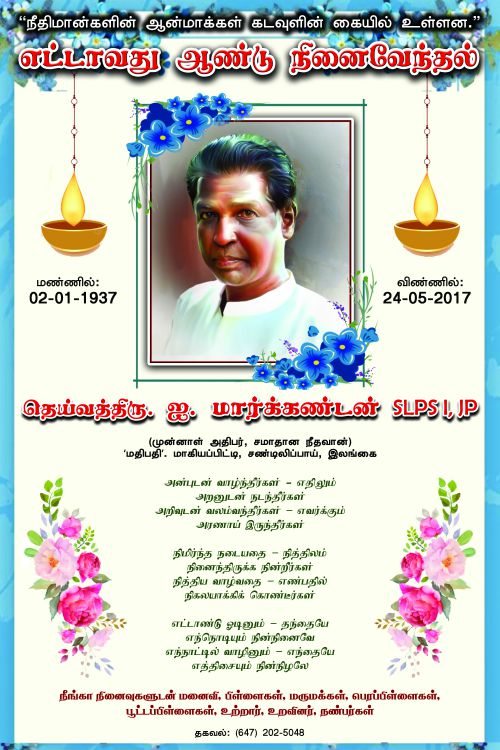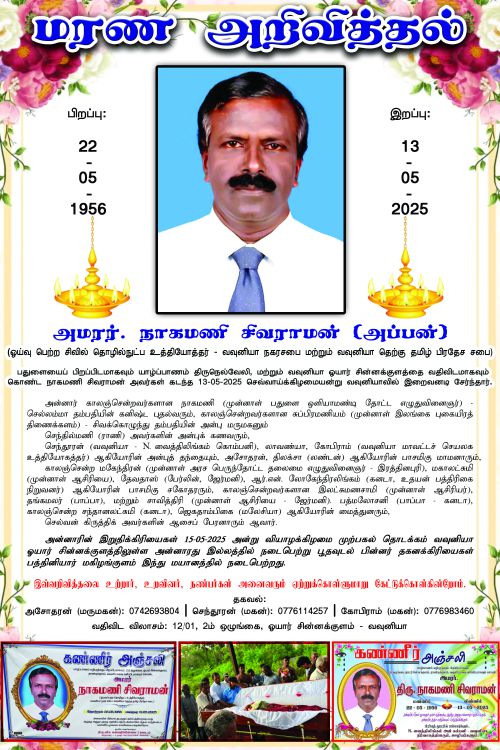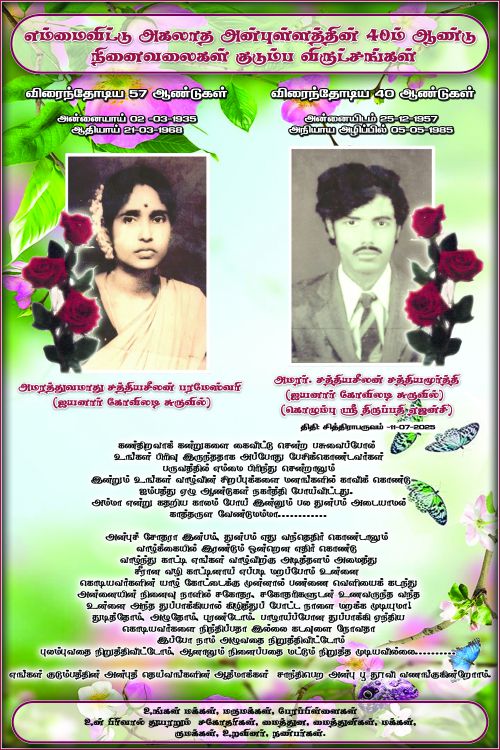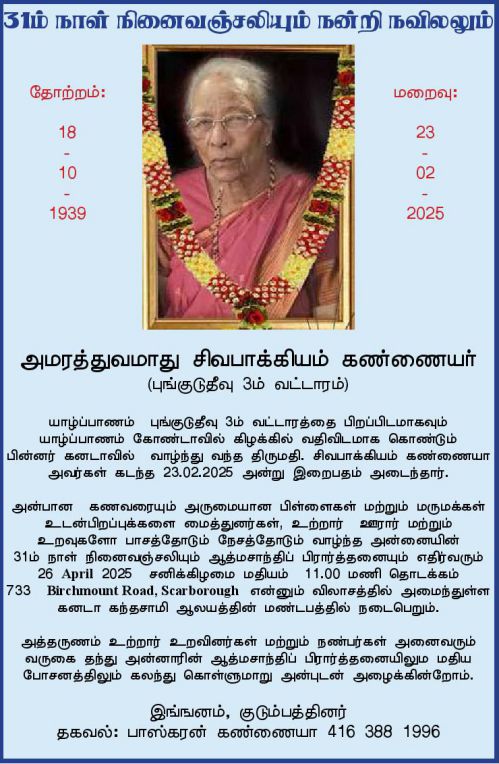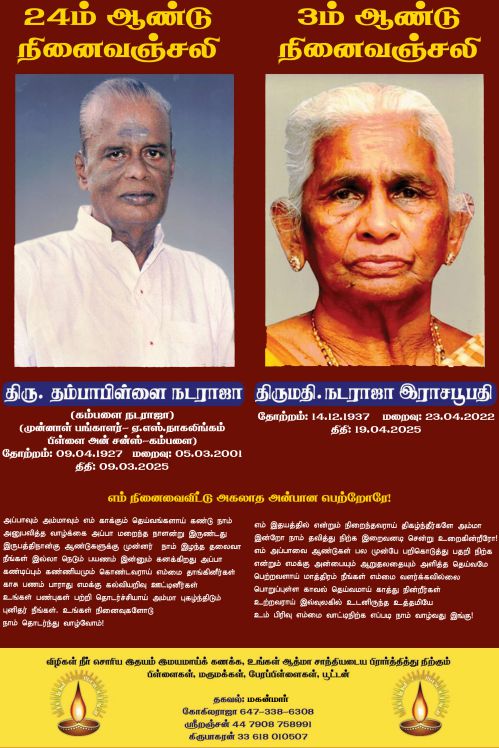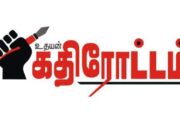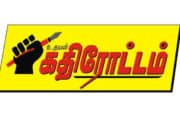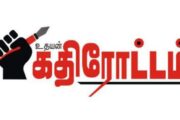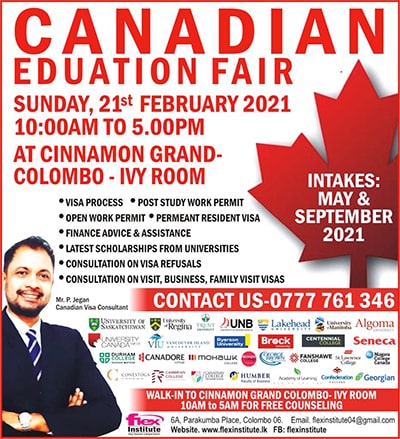Siva Prameswaran
A leading rights group in South Africa has strongly condemned their Minister for International Relations and Cooperation (Dirco) for inviting two Sri Lankan ministers for their links with two former presidents who are accused of war crimes and crimes against humanity and have called upon the minister to offer an unreserved apology to the minorities in Sri Lanka.
The Solidarity Group for Peace and Justice (SGPJ) in Sri Lanka has decried the invitation by their Minister of Dirco Ms. Naledi Pandor. She had extended an invitation to Ali Sabry, Minister of Foreign Affairs, and Wijeyedasa Rajapaksa, Minister of Justice, Prison Affairs and Constitutional Reforms to assist Sri Lanka develop a Truth and Reconciliation Commission (TRC) model.
SGPJ has said both the ministers from Sri Lanka are close allies of former presidents Mahinda Rajapaksa and Gotabaya Rajapaksa. The rights body also says the TRC model as envisaged by the Sri Lankan government is an attempt to whitewash the alleged crimes and it is an assumption by both nations the model would work in Sri Lanka as in South Africa.
“A TRC model where the perpetrator oversees setting up the commission is preposterous” SGPJ has warned.
While the Tamil, Muslim and Christian people have been oppressed for decades, the attempt by Sri Lanka to establish a TRC model is to hoodwink the international community SGPJ observes. It also warns that “if any TRC model is applied, it will enable Sri Lanka to continue its gross human rights violations with impunity”.
Sri Lanka’s rush to apply a TRC model to resolve the decades-long ethnic crisis is another ruse to elude the international community, especially when the forthcoming UNHRC sessions are reaching a crucial state regarding the recommendation for war crimes, crimes against humanity, and genocide of Tamils during the final phase of the war-SGPJ has pointed out.
Mahinda Rajapaksa and Gotabaya Rajapaksa along with former Chief of Army Field Marshal Sarat Fonseka and the present Chief of Defence Staff Gen. Shavendra Silva, defense secretary Gen. Kamal Gunaratna and many other former and present tri-services officers are accused of committing war crimes.
The international community has expressed its deep disappointment over the culture of impunity prevailing in Sri Lanka, which is an impediment to reconciliation and rendering justice to the war-affected Tamils.
Even after 14 years since the bloody civil war came to a brutal end with the killings of thousands of Tamils trapped in a small strip of coastal land. Dubbed ‘A war without witness’ ended with at least 40,000 people dead according to the UN and thousands of others maimed and disabled permanently. Apart from that the fate of thousands of others who crossed over to the ‘government-controlled area’ or handed over, or surrendered to the armed forces was never seen or heard about after that.
In what is considered to be one of the longest peaceful protests in the world continuing over 2500 days, led by women, are still searching for their kith and kin handed over to the forces. A ‘sham office’ called the Office for Missing Persons formed by an Act of the Parliament in 2016 during the ‘Yahapalana Government’ is yet to trace a single individual who went missing or handed over to the armed forces.
Human Rights organizations, campaign groups, and international bodies including the UN have expressed their anguish and disappointment with the government of Sri Lanka towards their pseudo commitments given from time to time only to be negated subsequently.
Now the SGPJ too has pointed out this culture of impunity.
“If any TRC model is applied, it will enable Sri Lanka to continue its gross human rights violations with impunity”.
The South African ambassador to Colombo to has come in for flak from the rights group. According to SGPJ, they have interacted with Sandile Schalk their High Commissioner in Sri Lanka for the past one year and “he agreed with the SGPJ that a TRC model was not applicable in the case of Sri Lanka”.
Now they say their ambassador has suddenly done a U-Turn and it’s baffling.
A couple of reasons have been cited by them why the model was not applicable to the island nation. The first among them is that the majority of Sinhala people have not accepted their wrongdoing and the second one is the continued infliction of oppression on the Tamil, Muslim, and Christian people. And, most importantly they say is the high military concentration in oppressed homelands.
Commenting further the SGPJ says the Sri Lanka government is clearly under huge pressure from the IMF and foreign investors to resolve the decades-old ethnic conflict and the present visit under the guise of seeking to discuss a TRC is a hoax to merely hoodwink the international community. The SL government is also accused of gaining some leverage before the UNHRC delivers its final report on the failed resolutions sponsored by the country itself.
While claiming that they have worked closely with Dirco for more than a decade along with the diaspora and other stakeholders in South Africa for over a decade, they accuse Minister Pandor of what they call ‘her misguided intentions’ and have demanded an unreserved apology to the marginalized Tamils, Muslims, and Christians in Sri Lanka.







